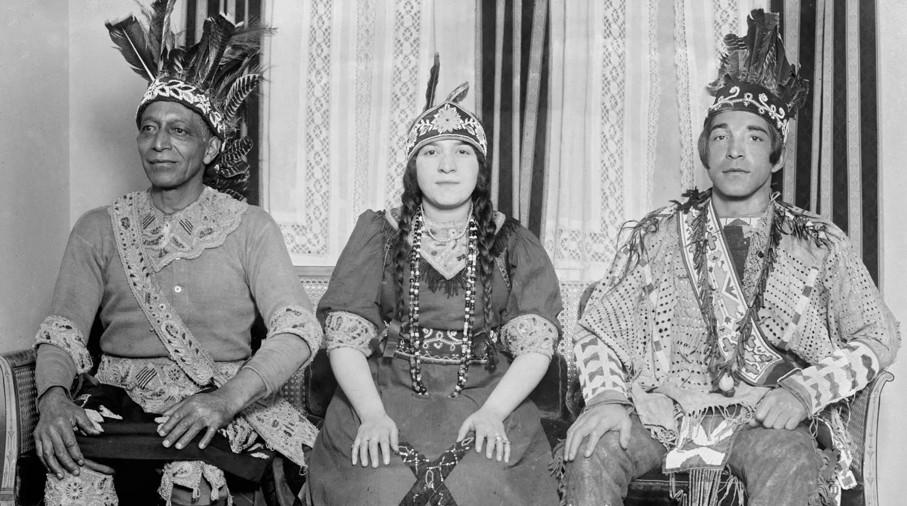
In the annals of heavy metal, few bands evoke such fierce loyalty, such unwavering dedication, or such thunderous controversy as Manowar. For over four decades, these self-proclaimed “Kings of Metal” have carved out a unique, uncompromising destiny, refusing to bend to trends and dedicating their lives to the purest, most epic form of heavy metal imaginable.
More than just a band, Manowar is a creed, a battle cry, and a way of life for millions of “Manowarriors” across the globe.
The Genesis of Metal’s Mightiest
The story begins in Auburn, New York, in 1980. Bassist Joey DeMaio, then a bass technician for Black Sabbath, met vocalist Eric Adams while working on the band’s equipment. Sharing a mutual passion for powerful, unadulterated heavy metal and a disdain for the burgeoning punk and new wave scenes, they quickly forged an alliance. Recruiting guitarist Ross “The Boss” Friedman and drummer Carl Canedy (who was soon replaced by the legendary Scott Columbus), Manowar was born.
Their mission was clear from day one: to play True Metal, untainted by commercial compromises or fleeting fads.
A Sound Forged in Thunder and Steel
From their debut album, “Battle Hymns” (1982), Manowar immediately established their signature sound. It was orchestral, epic, and bombastic, driven by DeMaio’s unique custom bass, Adams’ incredible operatic vocal range (one of the strongest in metal history), Ross “The Boss”‘s searing guitar solos, and Scott Columbus’s thunderous, almost tribal drumming, often played on a custom-designed stainless steel kit.
Lyrically, Manowar embraced themes of:
- Glory and combat: Tales of warriors, battles, and ancient gods.
- Honor and loyalty: The bond between brothers in arms, and to the metal cause.
- Defiance: Standing strong against “false metal” and the mundane world.
- Fantasy and mythology: Drawing inspiration from Norse legends, swords and sorcery.
Albums like “Into Glory Ride” (1983), “Hail to England” (1984), “Sign of the Hammer” (1984), and the seminal “Kings of Metal” (1988) cemented their legacy. They weren’t just making music; they were creating anthems for a global army of like-minded fans.
The Core Four (and Beyond)
While the Manowar lineup has seen some changes over the decades, four figures remain synonymous with their golden era:
- Joey DeMaio (Bass): The undisputed mastermind, chief songwriter, and philosophical leader. His bass lines are a force of nature, and his outspoken devotion to true metal is legendary.
- Eric Adams (Vocals): The voice of Manowar. His powerful, soaring, and incredibly versatile vocals are instantly recognizable and remain a benchmark for metal singers.
- Scott Columbus (Drums – R.I.P.): The “Anvil of Sound.” His unique, powerful drumming style and iconic stainless steel kit provided the backbone for Manowar’s most celebrated works. His passing in 2011 left a void in the metal world.
- Ross “The Boss” Friedman (Guitar): The original shredder, whose blues-infused, heavy metal riffs and solos defined Manowar’s early sound.
Later, Karl Logan took over guitar duties, contributing significantly to albums like “The Triumph of Steel” and “Louder Than Hell,” further evolving their sound with a modern edge while retaining their core identity.
A Legacy Forged in Steel and Volume
Manowar famously holds the Guinness World Record for the “Loudest Band in the World” – a feat they’ve broken multiple times. But their impact goes far beyond decibel levels.
- Unwavering Dedication: They have never compromised their vision, even when it meant longer waits between albums or less mainstream appeal.
- Inspiration: Countless power metal and traditional heavy metal bands cite Manowar as a primary influence.
- Fanbase: The “Manowarriors” are among the most passionate and devoted fans in music, embracing the band’s ethos as their own. Manowar often closes their shows with an oath to their fans, and to metal itself.
- Epic Productions: Their live shows are legendary for their sheer power, volume, and immersive experience, often featuring elaborate stage sets and powerful visuals.
Manowar’s journey has not been without its challenges or controversies, with long gaps between albums and various lineup changes. Yet, through it all, their commitment to “Kings of Metal True Metal” has never wavered.
Whether you see them as bombastic warriors, a glorious anachronism, or the ultimate purveyors of heavy metal, there’s no denying Manowar’s colossal impact. They remind us that metal isn’t just music; it’s a sacred oath, a battle cry, and a testament to the enduring power of brotherhood and unwavering conviction.







